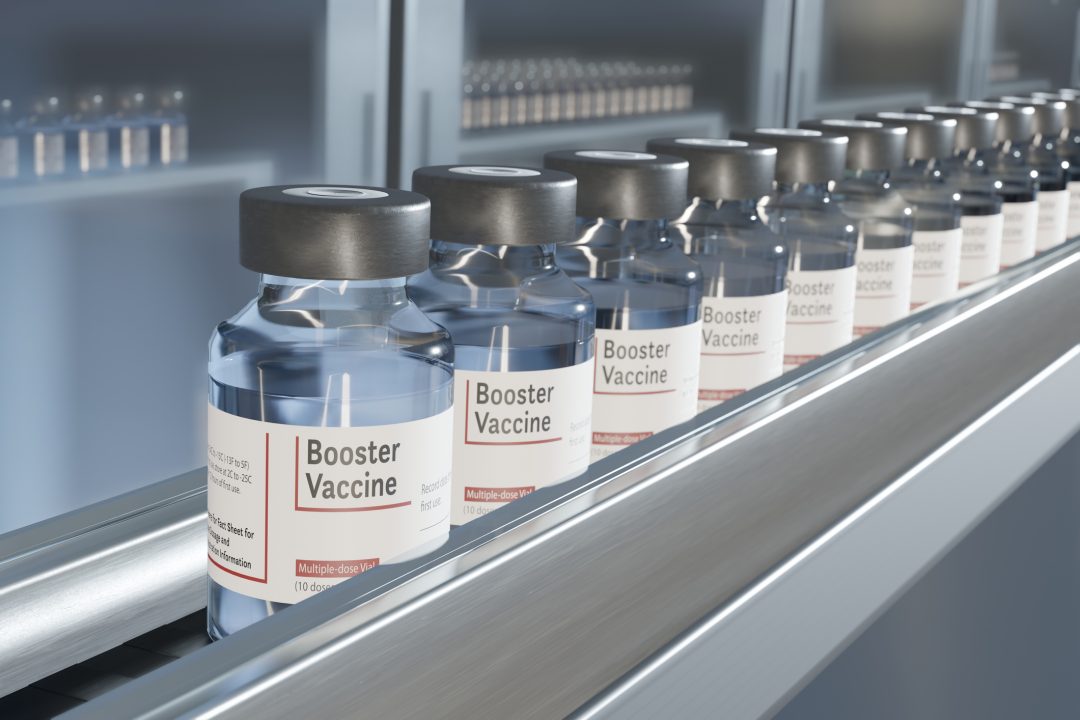Access to new Covid-19 treatments for people with specific health conditions who are in the early stages of the virus has been announced.
Patient groups considered at high risk from coronavirus and with a clinical condition will be prioritised for treatment.
Adults and children aged 12 and over are eligible to be assessed for treatment if they meet three criteria.
These are a positive PCR test for coronavirus in the last five days, symptoms of coronavirus that started in the last five days, and that they are a member of one of the patient groups considered at high risk from coronavirus with a clinical condition prioritised for treatment.
The patient groups considered at high risk from coronavirus and to be prioritised for treatment includes; those with Down’s Syndrome, Sickle Cell disease, patients with a solid cancer, patients with a cancer of the blood, patients with a kidney disease, patients with liver disease, patients with immune-mediatory inflammatory disorders, primary immune deficiencies, HIV/AIDS, solid organ transplant recipients, and rare neurological conditions.
Chief medical officer Professor Gregor Smith explained that if recommended for treatment, individuals may be invited to attend a day clinic at a hospital.
“The rollout of these ground-breaking monoclonal antibodies and antiviral treatments is a significant milestone in our battle against Covid-19 and will provide an additional layer of support for some of the most vulnerable in society,” he said.
“Adults and children aged 12 or over who are thought to be at high risk and with a clinical condition that has been prioritised for treatment will be able to be assessed by a clinician in their own health board to see if the new coronavirus therapies are suitable and provide further information on how to access the medicines, if eligible.
“We will also be writing to individuals who may be eligible to access these new treatments in early January to provide them with further information and home PCR test kits.
“If recommended for treatment, individuals may be invited to attend a day clinic at a hospital to receive a monoclonal antibody which is normally given by intravenous infusion. Alternatively, the assessing clinician may recommend an antiviral treatment to be taken orally.
“Monoclonal antibodies and antiviral treatments are in addition to Covid-19 vaccinations – including boosters – and not a replacement. We hope they will help reduce the severity of illness in people who may fall ill even if they have been vaccinated.
“It remains clear that getting vaccinated is the single most effective step that anyone can take to protect themselves from the most severe disease caused by Covid-19.”
Follow STV News on WhatsApp
Scan the QR code on your mobile device for all the latest news from around the country


 iStock
iStock
























